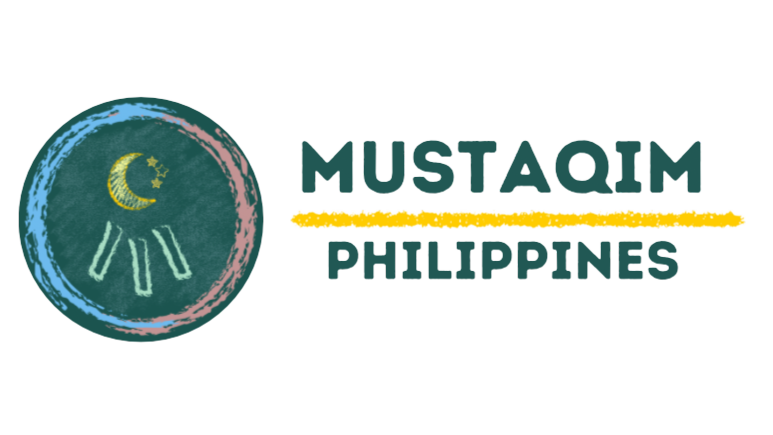Bacha Coffee is probably one of the most sought after cafes and coffee brands in southeast asia with its origins in nearby Singapore. Bacha is actually the name of a palace in Marrakech, Morocco. It is owned by the same group who started TWG, which can be easily distinguished with the similarity of its food offerings. Dubbed as a coffee experience like no other, the branding and marketing of Bacha Coffee has truly captured the hearts of people, making it a go-to, social media worthy place to check out. Its cafes are distinct with Moroccan-themed boutiques presenting a luxurious interior with marble floors and brass chandeliers. Completing the look are staff donned in classic European-style uniforms. Like the TWG with a number of tea variants, Bacha boasts of 200 types of coffee.
With inclusivity and diversity as the post pandemic world buzzwords, we aim to check how Bacha Coffee follows permissible or lawful traditional Islamic law. Apparently however while their bespoke coffees and teas are Halal friendly, not all their pastries and food are. Though they guarantee not using lard and pork in their dishes, discretion is encouraged.
But really, how has coffee changed the world? By itself an industry, and for most countries, a major commodity, coffee takes its roots from a humble story of a herd of goats and a shepherd. Referred to as al-qahwa (pronounced as kahwa), these berries created excitement among the herd and eventually made their way to household tables in Yemen. As a substance to keep them awake, the word traveled easily among the Islamic community reaching countries across the mediterranean in the 15th and 16th century.
If one was to ask how the coffee that we know today was prepared before, the answer is rather simple. Muslims used to boil these berries and mix them with sugar. The only difference was filters were unavailable before thus leaving residues in the cup. Apparently such way of preparing coffee was preferred among the Muslim communites before with its ability to help worshippers concentrate.
Ottoman merchant Pasqua Rosee (pronounced as Pasa Riza) brought the coffee to England in the 16th century, and the rest,a s they say, is history.
